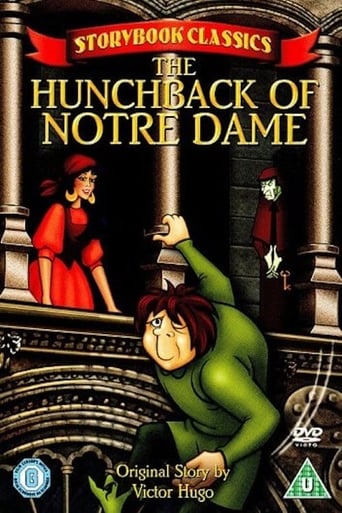

It’s a spiritual space that many Catholics today will find achingly familiar. The Hugo of 1831 still identified with the faith of his baptism, even if he had become critical of the ways in which he often saw the faith abused among the clergy. What Hugo believed shifted radically and often during the course of his life, but at the time he published Notre Dame, he had not yet begun dabbling in spiritualism, nor embraced the kind of secular rationalism that characterized his later years.

When Victor Hugo wrote The Hunchback of Notre Dame, he was not “anti-Catholic,” as so many critics like to call him. We have seen the horrific effects of secrecy and denial and if we owe it to the real victims to bring priestly crimes to light, we also owe it ourselves to revisit the prophetic novel that sought to do the same nearly 200 years ago. We have already met such men in the flesh. In a world where the faithful have already been scandalized by villain-priests, there is no way to protect our souls from characters like Archdeacon Claude Frollo. It may seem spiritually dangerous to turn to a novel that was once listed on the Church’s Index of Forbidden Books to help make sense of the current scandal,* but if we’re going to speak honestly about written works that pose spiritual dangers for Catholics, the Philadelphia grand jury report would be near the top of the list. More and more, it seems to me that The Hunchback of Notre Dame is a book for our times. But until such time as modern writers are able to produce work that engages the “difficult literary interrogation between Catholicism and evil… provides a necessary look into how the church has become the horror for some,” we would do well to remember that Victor Hugo already gave us such a novel. So, when I read the article “Now is a Perfect Time for Catholic Horror” by Stephen Wingate, in which he calls for a revival of the Catholic horror novel as a means of confronting the recent abuse scandals, I naturally agreed that he was on to something. I have gone on record many times (most recently here) to promote the particular genius of the horror genre as a tool through which Christians can confront the realities of evil and (when the genre is at its best) defy them through Christ’s love, either explicitly or implicitly.


 0 kommentar(er)
0 kommentar(er)
